CENSORED FOR SCHOOL
PHS reflects on the option to ban books in school
Photo Courtesy of Chase Anderson
As various books across America are banned for their content, Powell High School looks to do the same.
“1984.” “To Kill a Mockingbird.” “The Catcher in the Rye.” These titles may be familiar if you’ve taken any high school English class. Books like these, which are commonly taught in schools, have been facing book bans for years as a result of their content.
Much like other schools across the nation, Powell High School has recently looked at the process of banning certain books from the classrooms. Some students believe that this act is pointless.
“I feel like it doesn’t matter if a school chooses to moderate what books we read because we can find another way to get them,” senior Taryn Feller said. “But I also understand that schools should be able to choose what books are read in a classroom for a project or assignment but not what’s in the library.”
The idea behind book banning is novels such as “Lord of the Flies” or “Brave New World” contain content that is “not appropriate.” Other books have been evaluated for banning based on political content such as racism or matters regarding the LGBT+ community.
An article published by Reader’s Digest states that there seems to be a, “[F]resh effort to purge the shelve of books with so-called edgy cultural commentary (as in ‘Stamped: Racism, Antiracism, and You’), uncomfortable interpretations of reality (such as ‘I Know Why the Caged Bird Sings’ and the Holocaust book ‘Maus’), discussions of gender identity (as with George M. Johnson’s banned book ‘All Boys Aren’t Blue’) and provocative stories that could lead to political questioning (‘The Handmaid’s Tale’).”
“I don’t believe that schools should be able to ban students from reading certain content,” junior Hailey McIntosh said. “A lot of books give us perspective on the past, and students shouldn’t be prohibited from reading that. That kind of information helps us move forward as a society.”
Currently, 2022 book ban numbers are set to surpass ban numbers of 2021. According to EducationWeek, “From January to August 2022, the ALA found 681 attempts to ban or restrict library resources which targeted 1,651 unique titles. Based on these numbers for the first eight months of 2022, book bans have increased since last year, when they reached an all-time high.”
The question many students have is why ban books that require students to really think for themselves? If the goal of high schools is to encourage young people to learn and give them the tools to think for themselves, banning books would directly contradict that.
“I don’t think that schools should be able to control what we read because books are supposed to be diverse and have different aspects,” Feller said. “A school shouldn’t be able to decide whether those views are appropriate or not because then it becomes a moral debate.”
Interestingly, many books that have been banned are written about the idea of censorship and suppression of information to the public. An example of this is in the novel “Fahrenheit 451” written by Ray Bradbury. The major theme in the 1953 novel is on knowledge vs ignorance.
According to Cliffnotes, “[T]he thematic obsession that explicitly emerges in “Fahrenheit 45” is the burning of books, the destruction of mind-as-printed-upon-matter. And although Bradbury never uses the word ‘censorship’ in the novel, you should be aware that he is deeply concerned with censorship. Book burning is a hyperbolic phrase that describes the suppression of writing, but the real issue of the novel is censorship.”
For those interested in joining the “I read banned books” movement, CBS used research from Pen America to curate a list of the top 50 most banned books in the United States for the 2021-2022 school year.

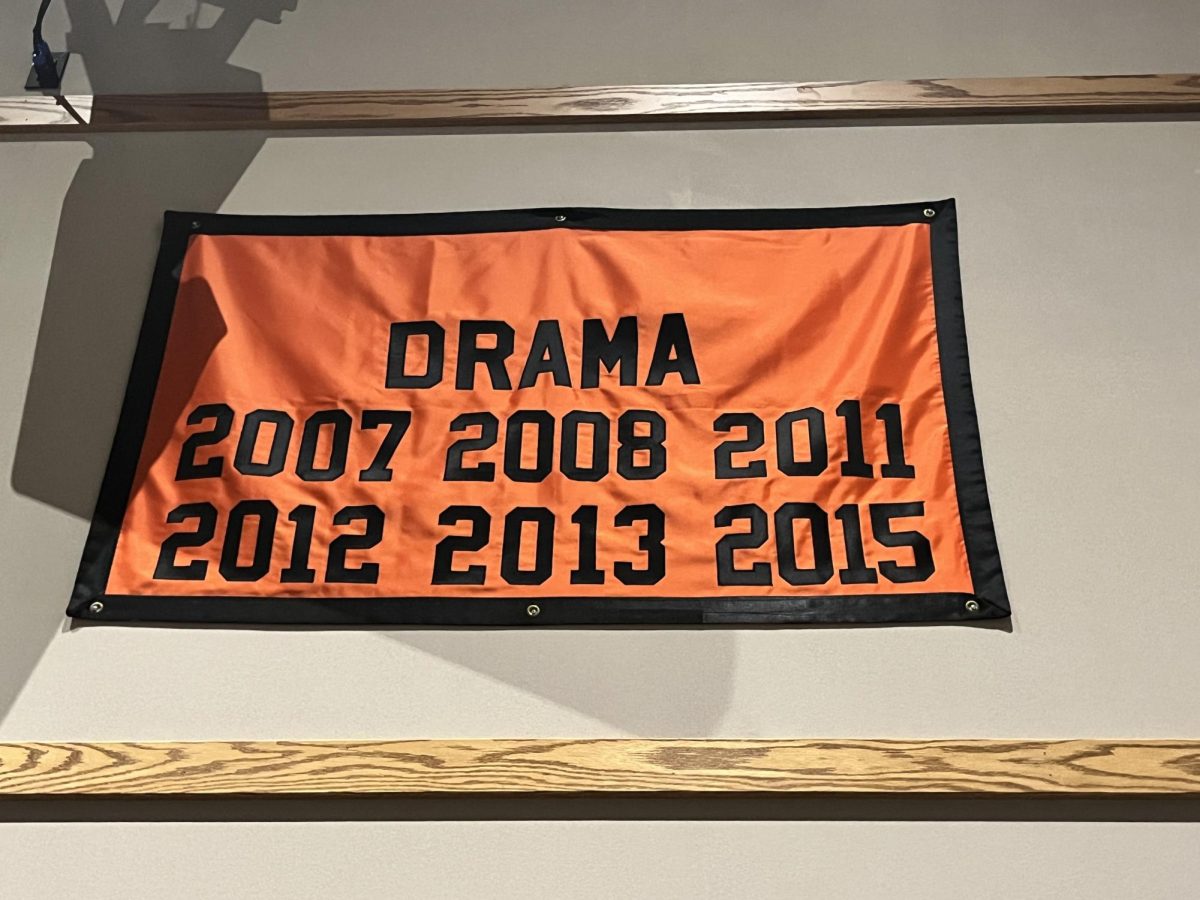

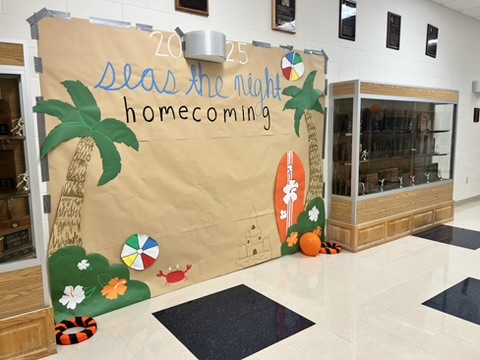

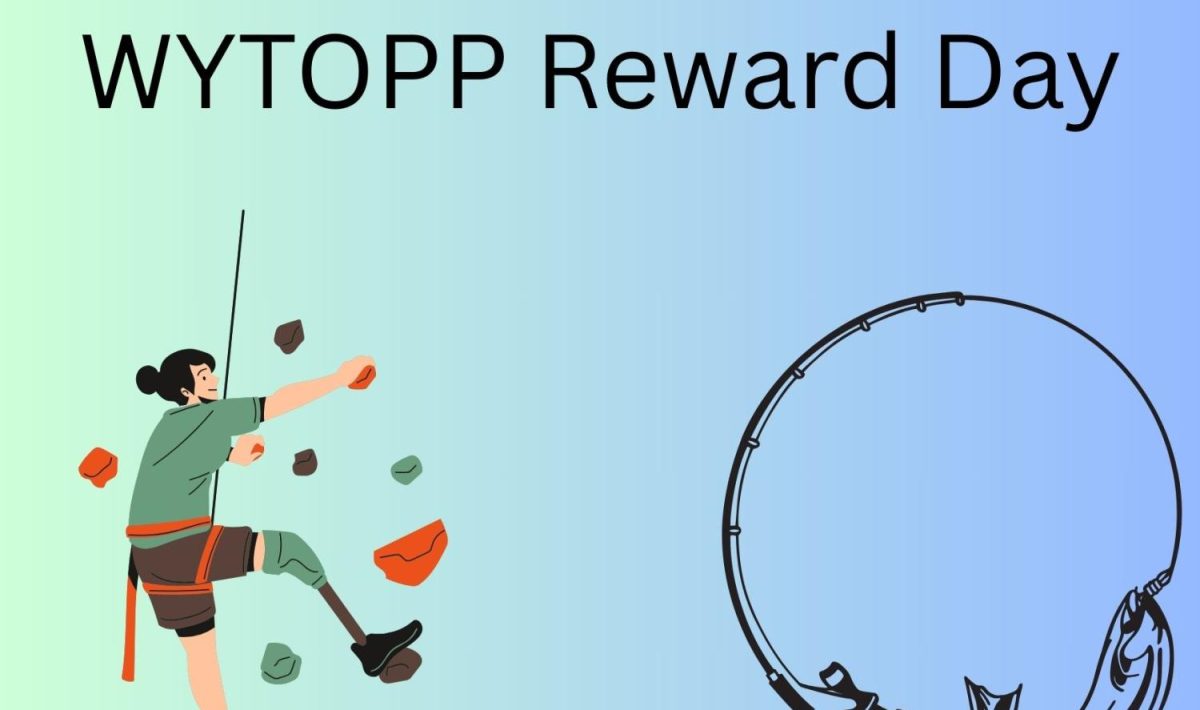

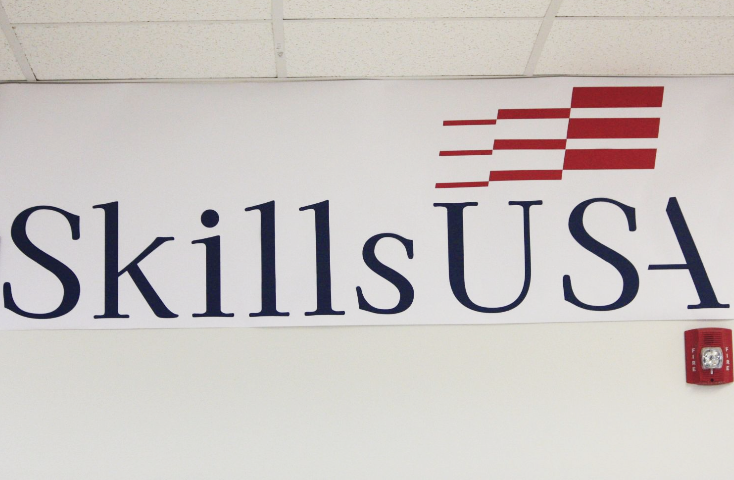

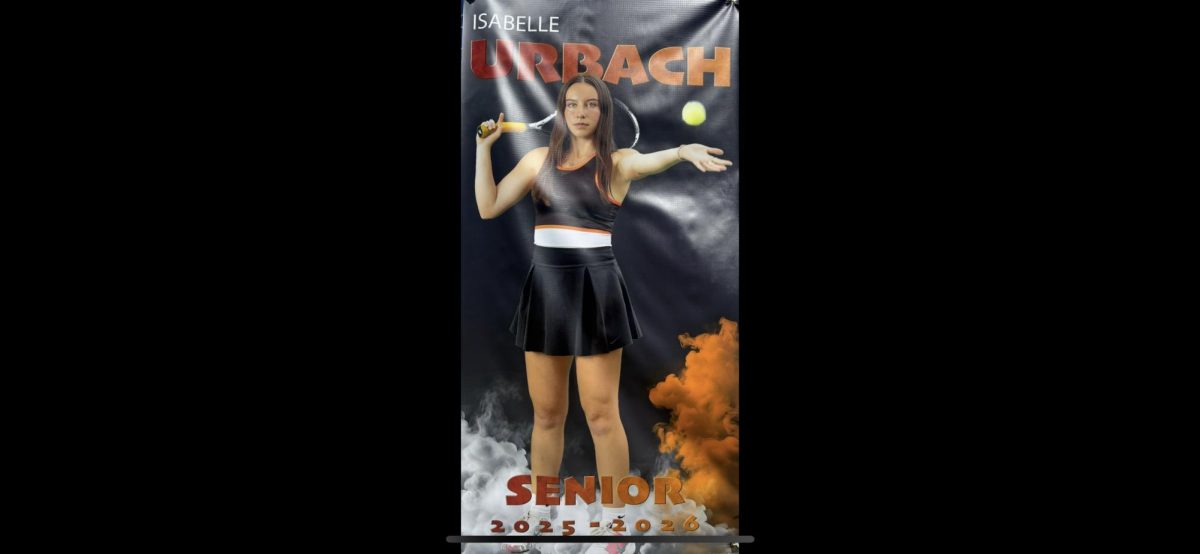
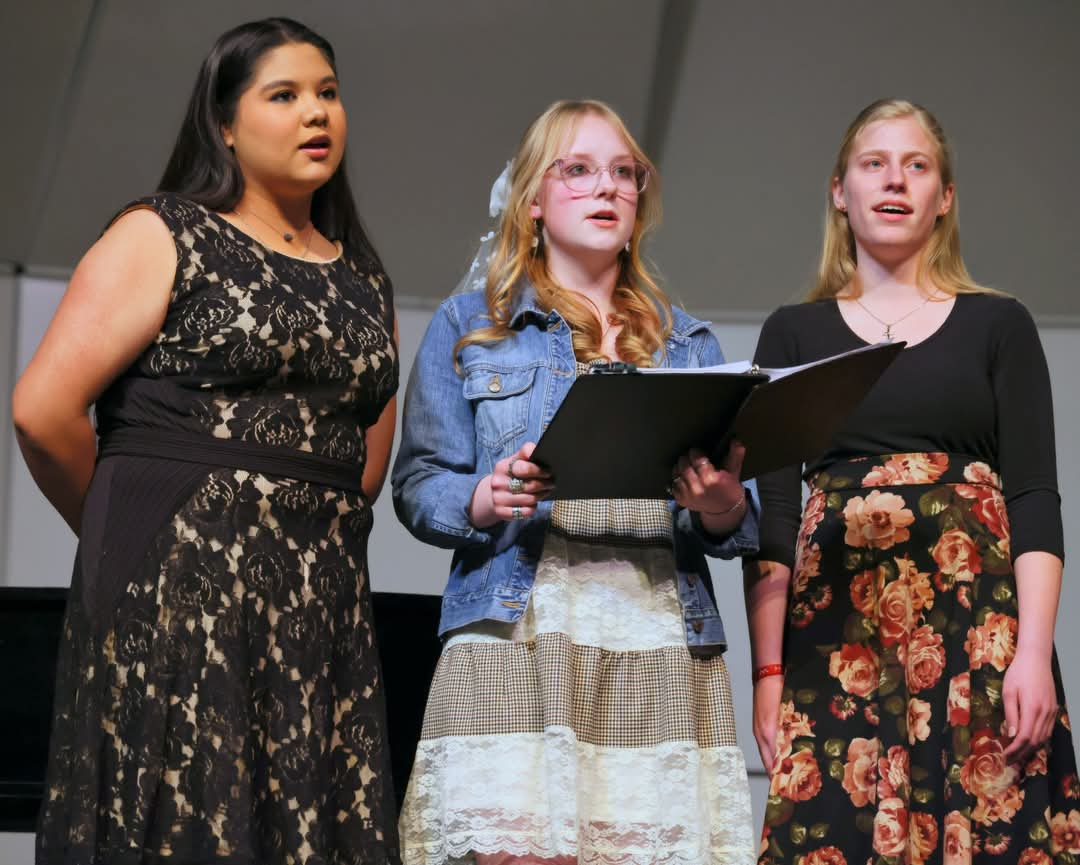



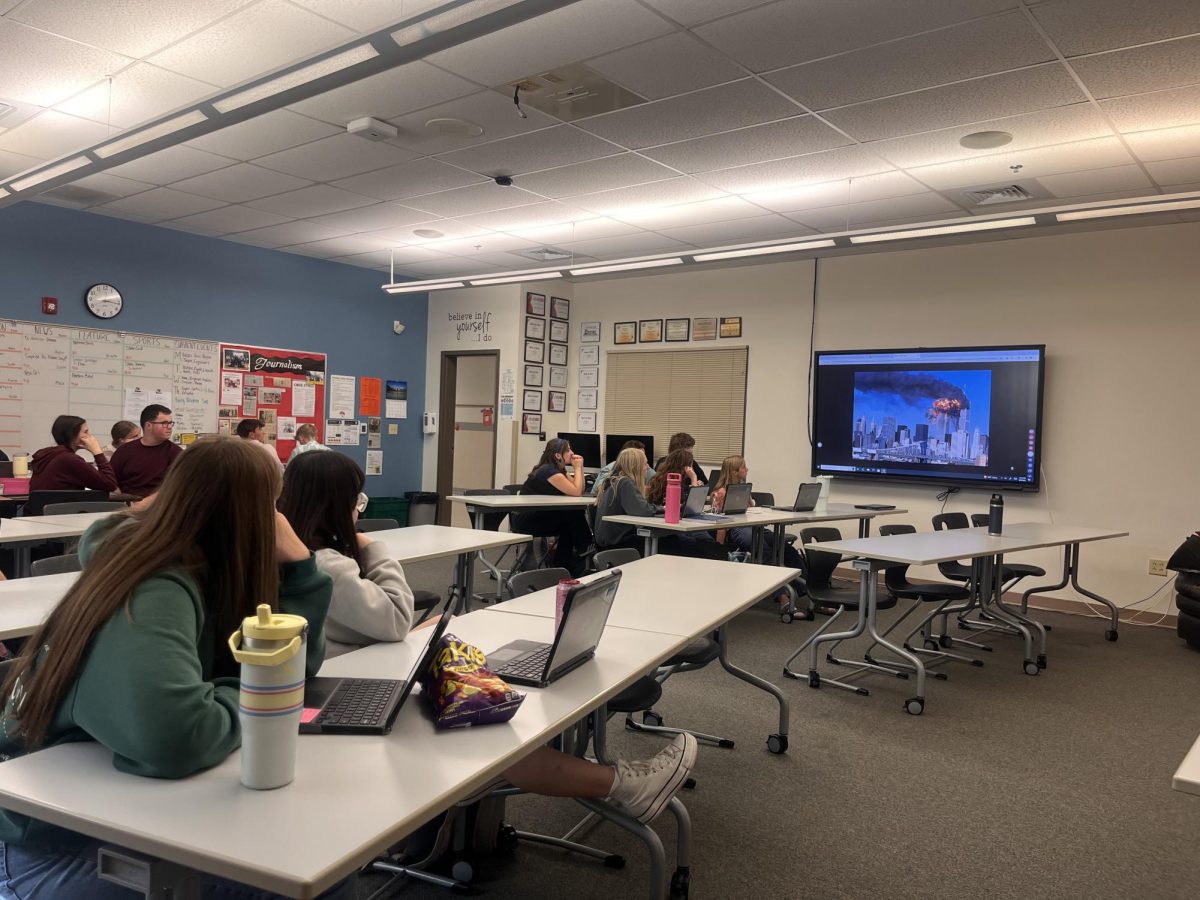



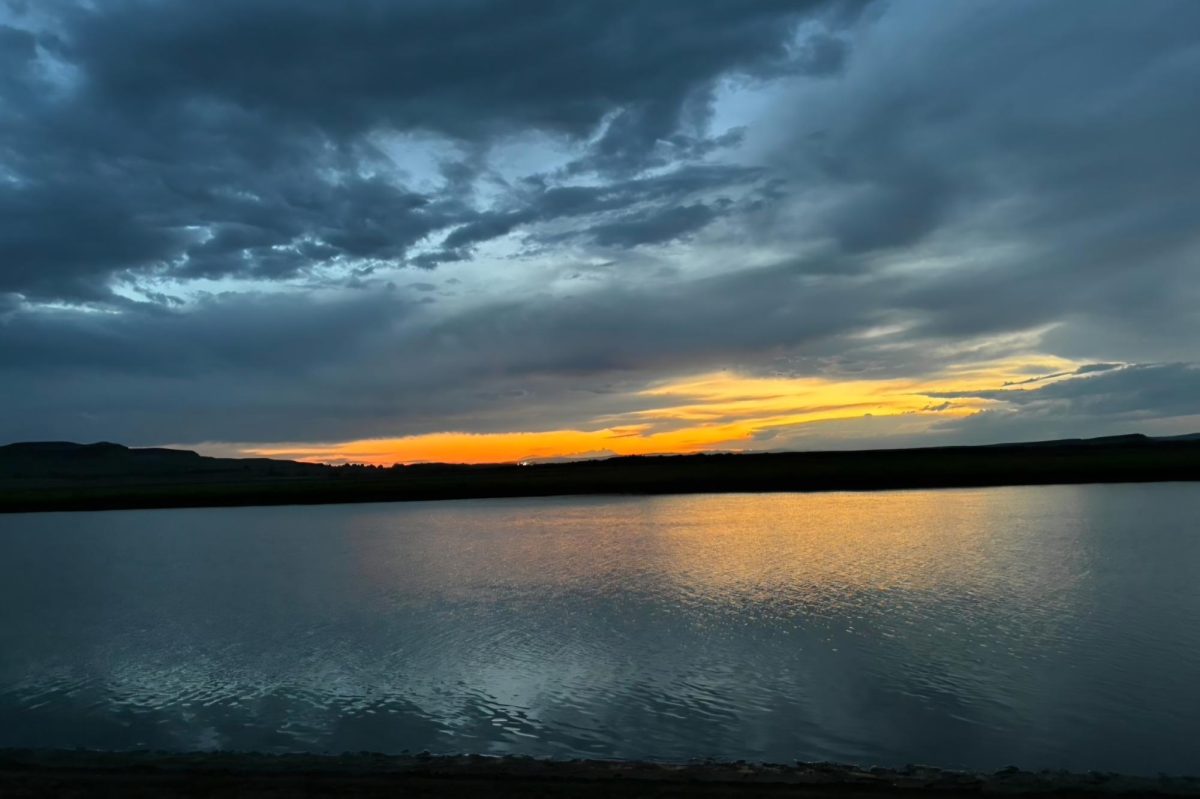

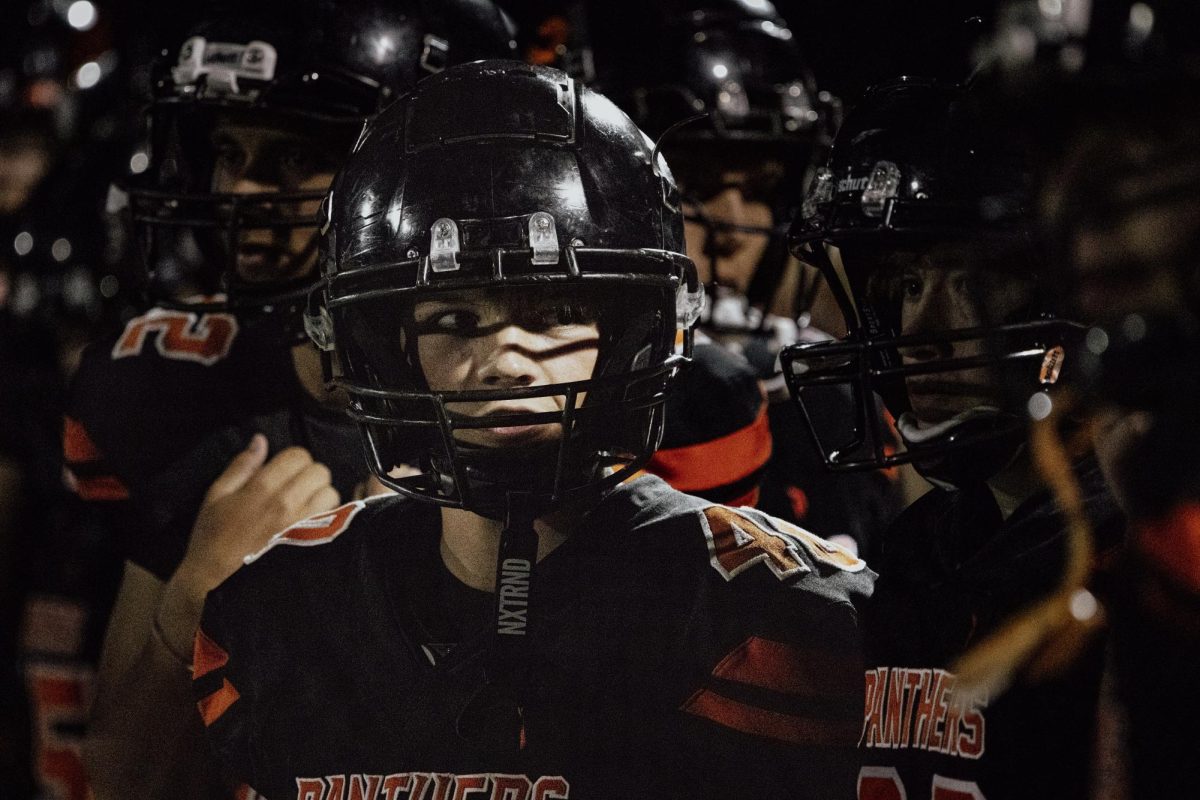








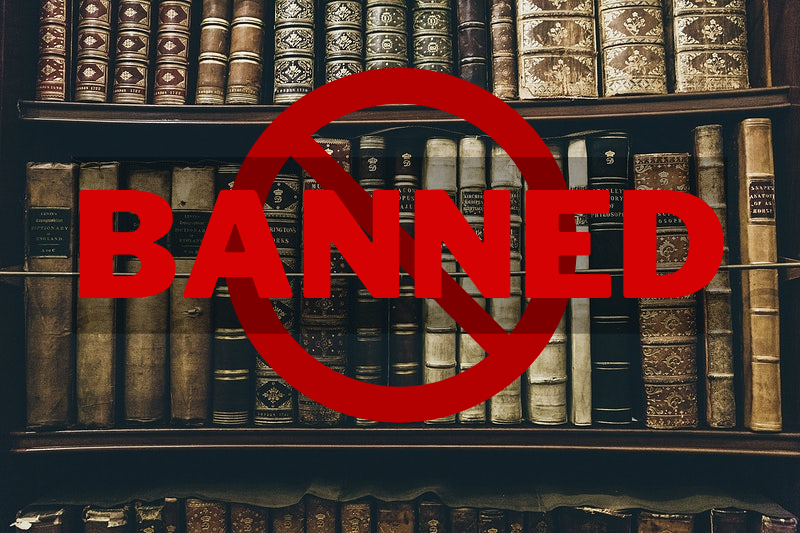
Brandon Preator • Jan 20, 2023 at 9:55 am
There are always two sides of every argument. This one could possibly have more. Thanks for the article and the professionalism in writing it!